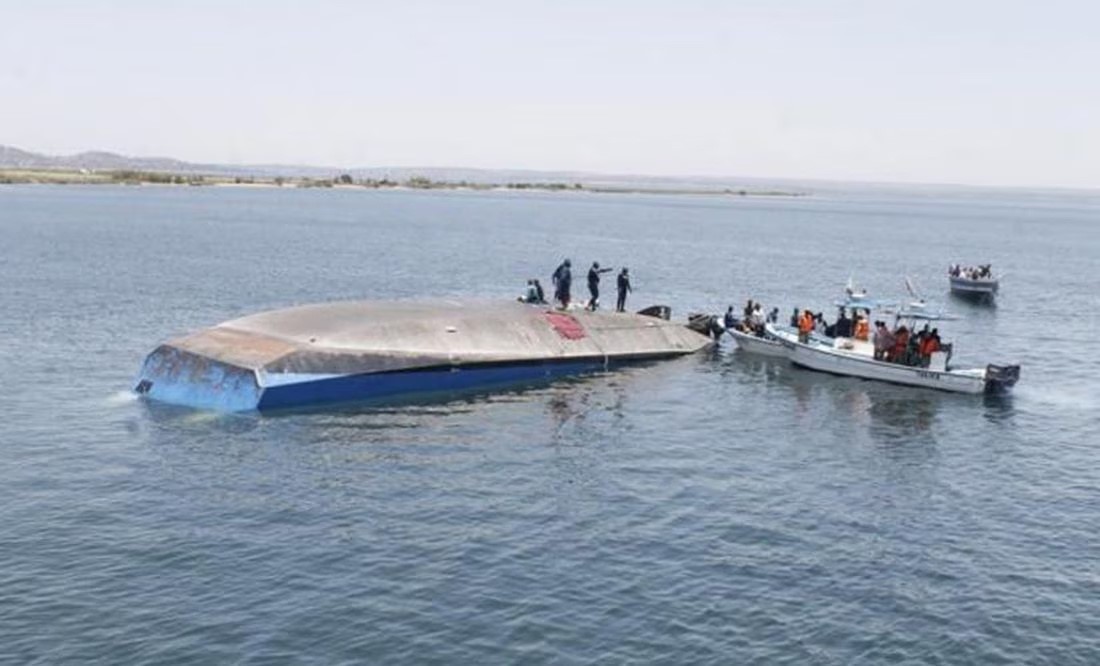Mexico: 8 Chinese migrants killed at sea on their way to the US
Their boat capsized at Easter. In the past three years, the number of Chinese citizens seeking asylum in the United States has increased: 52,000 last year alone. Washington's stricter immigration policy has not stopped the tide of migrants. Even some middle-class Chinese are joining the perilous journey to the USA.
New York (AsiaNews/Agencies) - The bodies of eight Chinese migrants have been found on a beach in the state of Oaxaca, in southern Mexico. Local authorities confirmed that seven women and one man died as a result of the boat capsizing at sea. They left on March 28 from Tapachula, near the border with Guatemala, a place where undocumented migrants often pass through on their way north to the United States.
One migrant survived the accident. The Mexican driver of the boat is still missing. Local authorities said in a statement that the victims of the accidents were migrants. Every year thousands enter US territory by crossing the US-Mexico border to escape the violence and poverty of their countries. Most of them come from Central and South America, but in recent years Chinese migrants have become the fastest growing group.
The number of undocumented Chinese migrants entering the United States has begun to rise after closures in China due to the pandemic. According to data from the US Customs and Border Protection, in 2023 over 52,000 undocumented Chinese citizens entered US territory. In the first three months of fiscal year 2024, more than 23,000 undocumented Chinese migrants were registered.
Since Ecuador is visa-free for Chinese citizens, the journey north begins from the capital Quito. Chinese migrants follow troops of other migrants to cross tropical forest in Central America. Some also choose the sea route to avoid checkpoints on land. On this dangerous journey, many migrants were also victims of human trafficking, violence, extortion and robberies.
Zouxian - literally "walking in line", referring to the long march from Ecuador to the United States - has become a hot topic on social networks. There are many videos on TikTok that share the travel experience.
The latest trend shows that more and more middle-class Chinese citizens are seeking asylum in the United States. The motivations of Chinese asylum seekers stem from the weak economy, stricter control of society, restriction of speech and oppression of religions.
Chinese migrants prefer to stay in hotels to rest rather than live in migrant camps along the route. Many of the Chinese migrants apprehended by the US Border Patrol are decently dressed and carry their own luggage, differentiating themselves from other South American migrants.
Their life is not easy: many choose to live in California and New York for the large local Chinese community. Lacking language and professional skills, they have to endure low-paid jobs. The arrival of new immigrants makes competition on the job market more intense.
Currently, before entering US territory, migrants must apply for asylum and make an appointment via a mobile phone application called "CBP One". The continuing surge of migrants has placed pressure on immigration and asylum systems in the United States.
Immigration policy is a major topic of debate in this year's presidential election campaign. Both the Democratic and Republican Parties agree to speed up the processing of asylum claims, but there is no clear solution on the horizon.
07/02/2019 17:28
12/02/2016 15:14
11/08/2017 20:05







.png)










